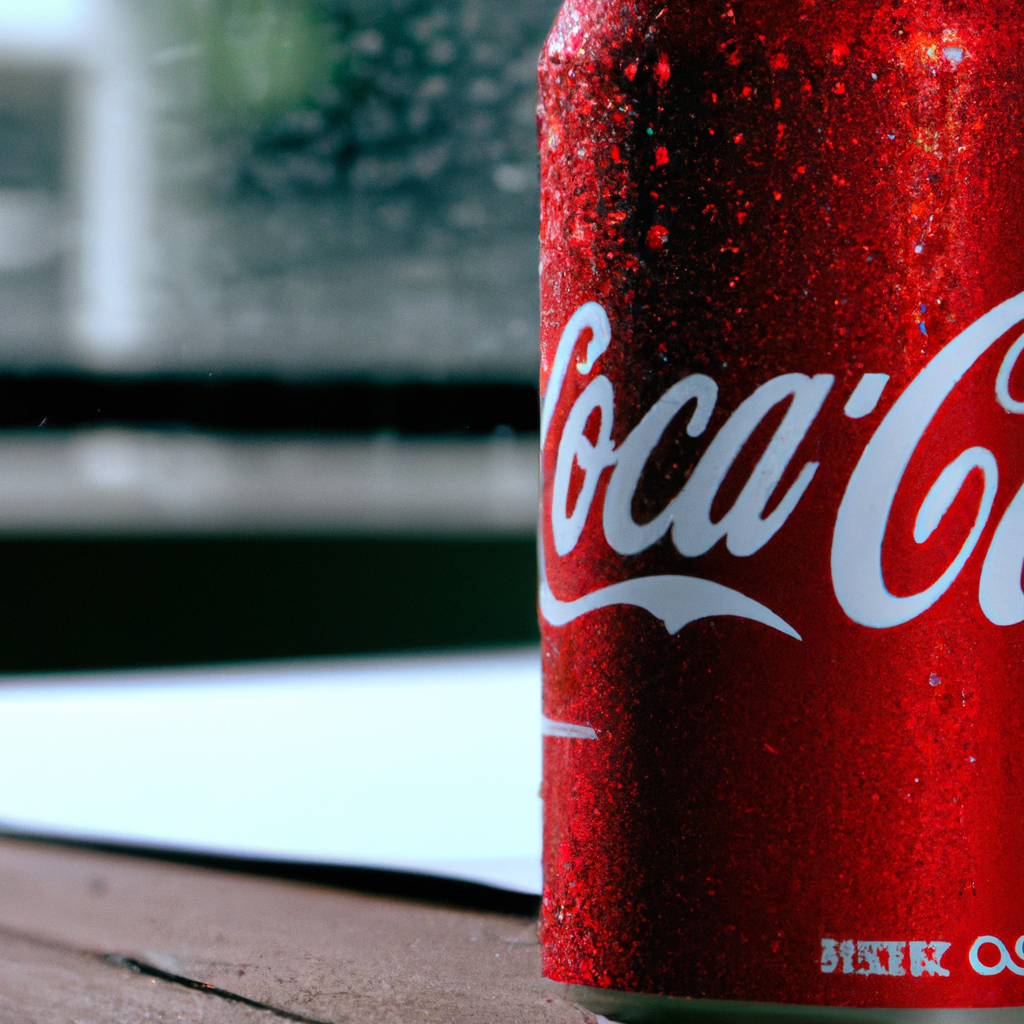In the U.S., consumers are becoming more cautious about purchasing sodas due to the rising popularity of weight loss medications and non-alcoholic options. Despite this trend, Coca-Cola reported strong second-quarter earnings, supported by robust global demand for its beverage products. This prompted the company to raise its full-year expectations.
James Quincey, CEO of Coca-Cola, expressed optimism about the company’s financial results, highlighting significant growth in both revenue and operating income amidst changing market conditions. However, the company noted a 1% decline in volume sales in North America during the quarter. Quincey attributed this drop to weaker performance in away-from-home channels, which include beverages like water, sports drinks, coffee, tea, and sodas.
Coca-Cola indicated that the decline in volume was somewhat mitigated by its Fairlife milk line and strong sales of Coke, which ranked first and second in retail sales growth. To counteract the volume decrease, the beverage giant is collaborating with food chains to incorporate its products into combo meals. Reports suggest the company is partnering with McDonald’s to enhance the fast food chain’s $5 meal deal that features a soft drink.
Despite the challenges, Coca-Cola exceeded Wall Street’s expectations with second-quarter revenue of $12.4 billion, translating to approximately $0.84 per share. Analysts had predicted revenues of about $11.76 billion, or roughly $0.81 per share.
Looking ahead, Coca-Cola has revised its forecast for organic revenue growth to between 9% and 10%, an increase from the earlier estimate of 8% to 9%. Similarly, Pepsi is facing difficulties in attracting U.S. consumers, who are increasingly favoring products that focus on weight loss and healthier choices. Earlier this month, Pepsi attributed its lackluster second-quarter performance to a series of product recalls.
